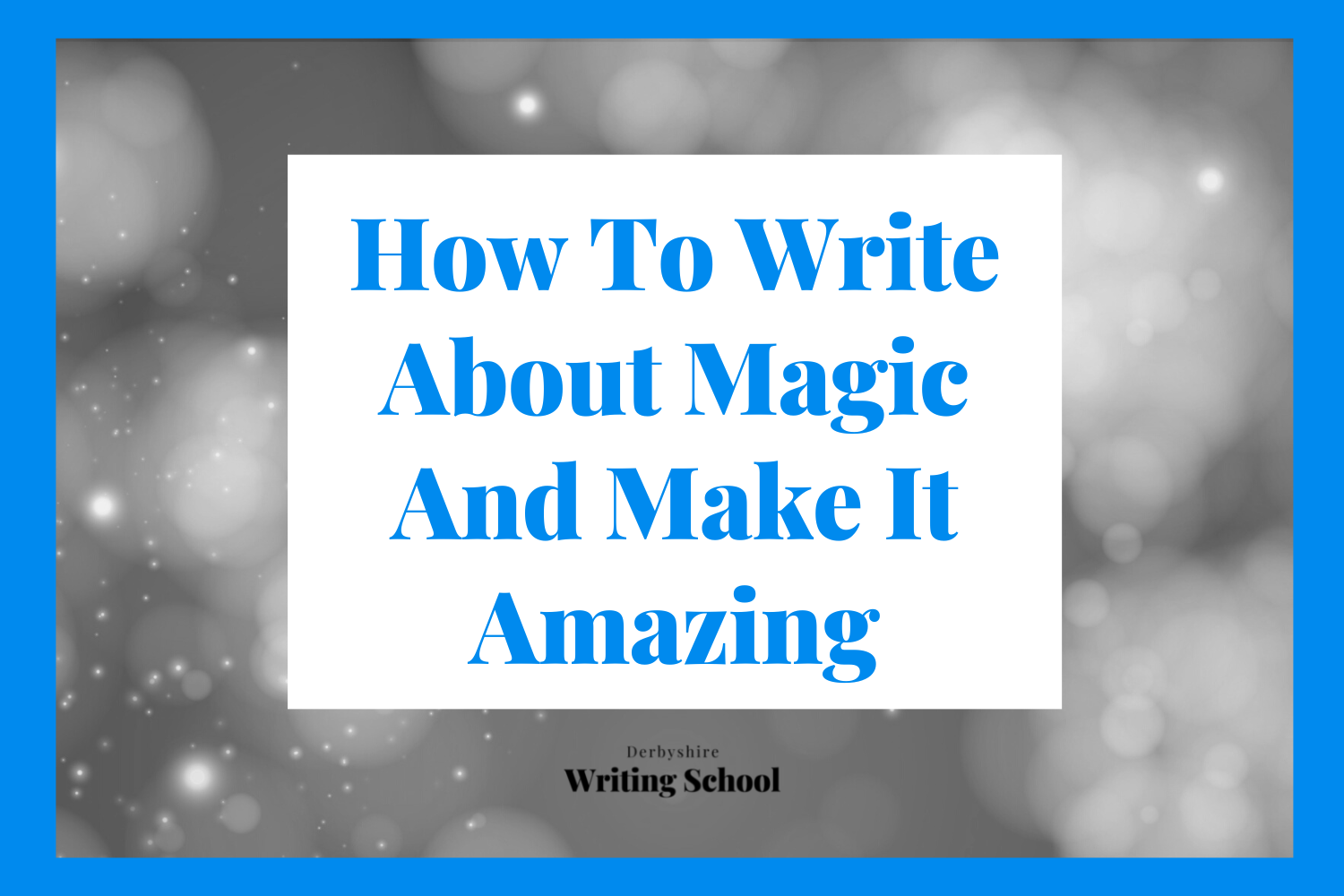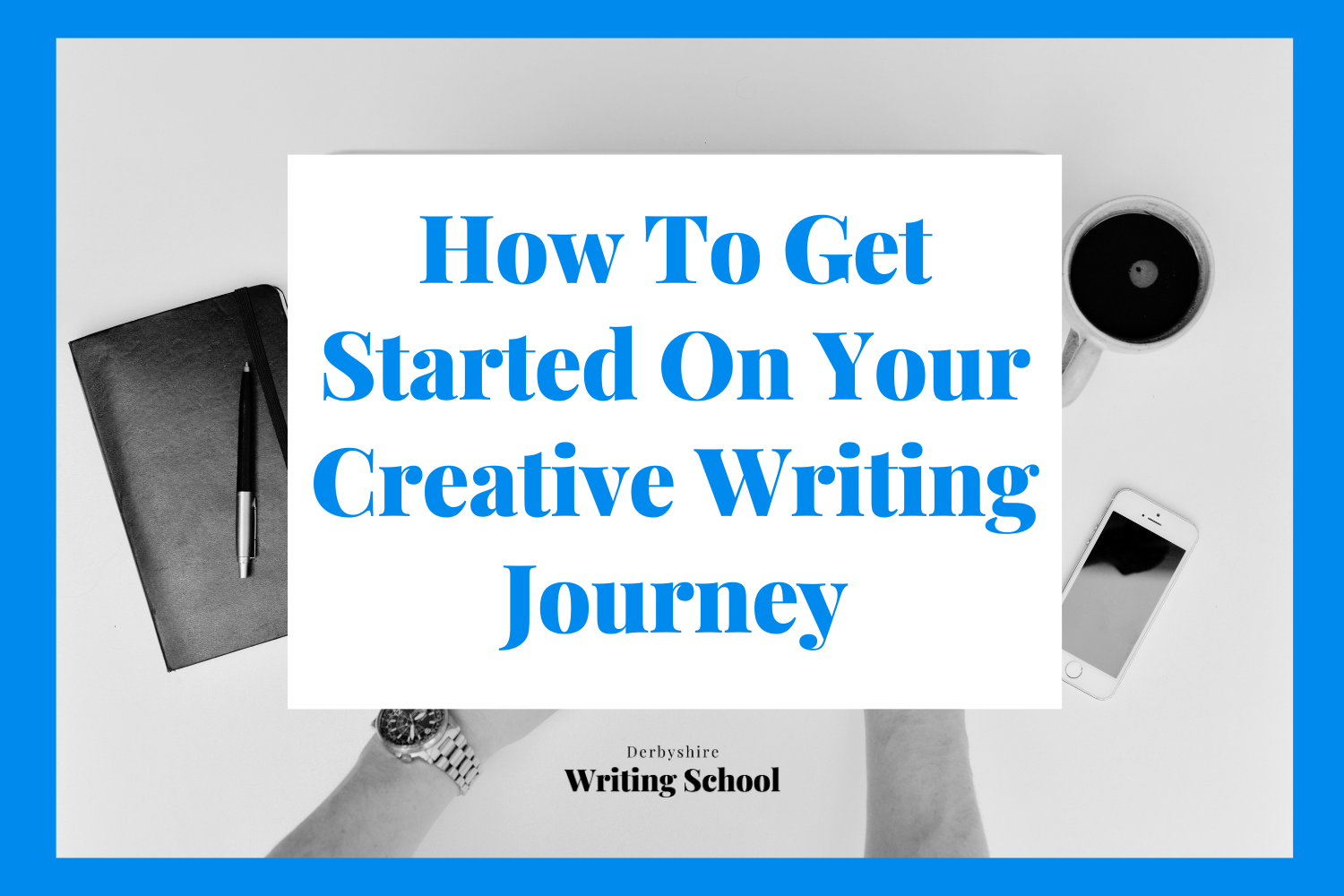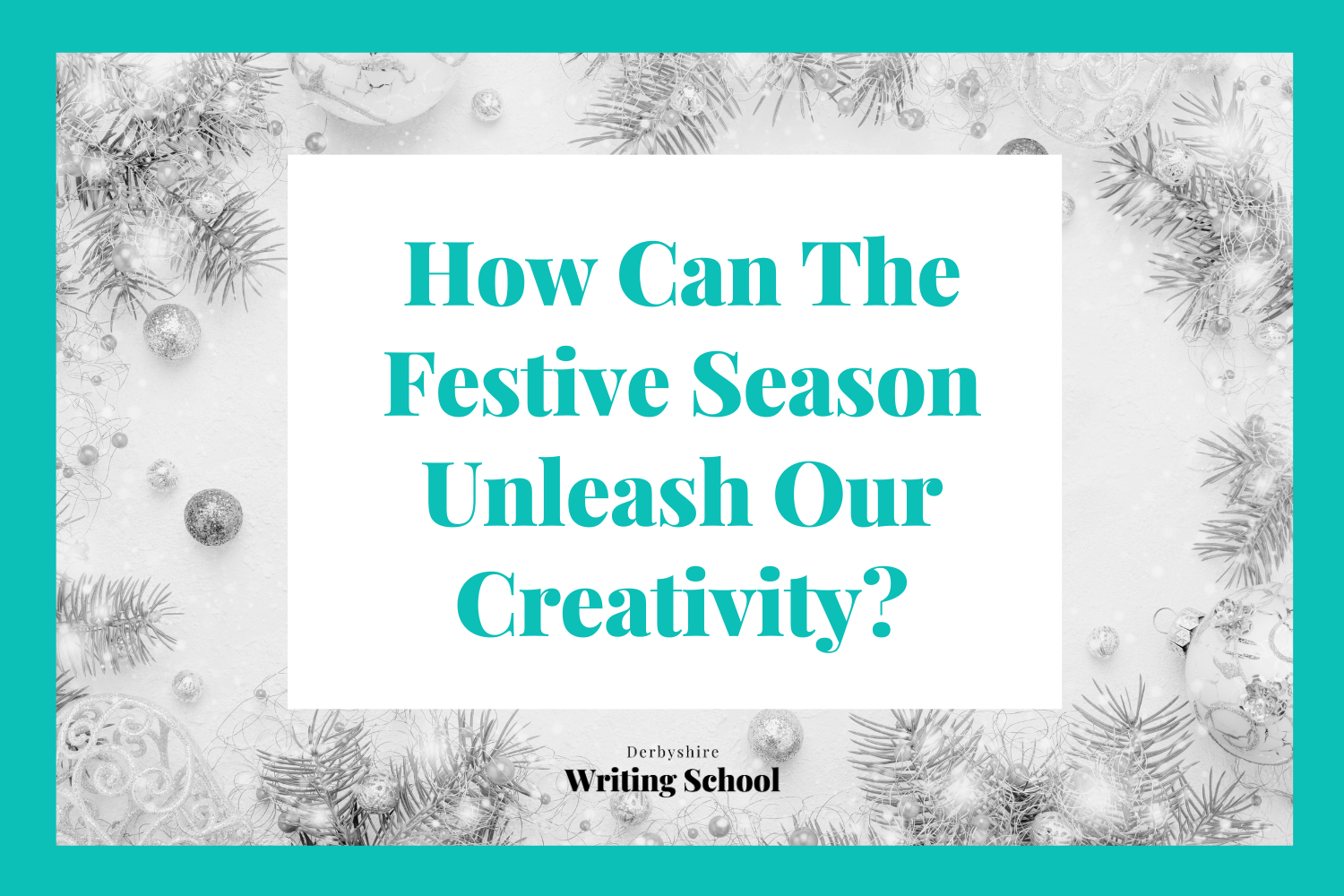How To Write About Magic And Make It Amazing
If you like to read fantasy, YA or even magical realism books, then you must have had the urge to create some spells of your own. It can seem easy to cast some ideas and weave worlds together with special powers, but as always with fiction, it’s harder than it might first appear.
The magic you create can easily become flat and boring. You lose track of where your magical elements begin and end – there is more to this magic business than you might expect. Read on for our advice and writing prompts to help you create magic.
What Do We Mean By Magic?
The word magic has many meanings. It can be used to describe something as amazing, memorable, or even romantic:
“It was a magical evening.”
We often use the phrase: “As if by magic", when recounting something unbelievable that happened, and magic tricks are often associated with illusion and trickery. But when we talk about magic in the world of writing, we might mean the astounding abilities of our character to harness the elements and bend them to their will.
Wizards and witches waving their wands to summon objects from far away or levitate stools. We might mean the mythical creatures like unicorns and dragons that we have been told are not real but live within our hearts.
How to Write About Magic
There are several things you need to think about before you begin writing with magic.
1. What can magic do?
The first thing you need to pin down is what your magic is able to do and what it cannot do in your story and in the world you’ve built.
Many books and films fall flat when the magic wielder (the person in charge of the magic) can do anything they want in order to defeat the enemy. If magic has no boundaries, the characters are able to achieve their goal without any struggle, but it is this struggle that makes the story interesting and connects the characters with the audience, making us root for their victory.
2. How does it feel to use magic?
It’s easy to say someone waved their hand and flames appeared, but describing what magic physically feels like to the user will really give your readers a clearer image. Make it feel more real. To help uncover this, try answering the following questions.
Questions to ask yourself:
Where does this magic come from?
Can the user feel it in their gut, or does it lie deep in their chest?
Is the magic light and bubbly, or is it heavy and electric? Are there any impacts on their body, for example, does it make them feel tired if they use too more or does it cause nosebleeds and headaches?
Perhaps it feels like a weight off their chest, if the magic hasn’t been used for a while.
Considering the impact of using magic on the body adds an extra level of tension to the story, if it physically drains the user then in a battle they will have to really think about when to use it and how much as this could put them more at risk of being defeated.
3. How does the magic wielder react with their magic element?
If a character has the ability to use elemental magic, sometimes they are granted some form of immunity or interaction with that element. For example, water wielders can breathe underwater, or fire wielders are immune to burns.
Perhaps a downfall of magic with the ability to control the elements can be only to manipulate what is already around, not create it out of thin air. Or what if the magic is vulnerable to its opposite element? Water and fire, earth and air, light and dark, are some common polar opposites. The Last Airbender is a good example of this as the world is divided into the four elements with the fire benders targeting the air benders to protect their power.
4. What is the price of magic?
It is very common to see magic having a price.
A story that most of us will know is the Little Mermaid, Ariel is granted the gift of legs, but as a result, she loses her voice. Perhaps with your magic, a spell requires certain tokens, a lock of hair, a precious memory, five years of your life?
Magic doesn’t always have to have a catastrophic cost either. Sometimes it can just leave the user depleted of energy. Maybe they have to wait a while to use their magic again. But it should have something which makes it not always readily available. Something that has to be thought about before using. This adds stakes and stakes makes your story interesting.
Questions to ask yourself:
Is the price worth what is gained?
Will it put others in danger?
Will it put the protagonist in danger?
How long do the effects last?
5. Is magic common in your fantasy world?
Is It feared, or admired? Are there places within your world without magic? Often there is some kind of dispute or wariness between those with magical abilities and those who lack them. The latter is seen as inferior to the magic wielders or a feeling of fearing them is created.
Of course, one of the best ways to learn to write about magic is to read about it.
Magic Book Recommendations
Sarah J Maas’ Throne of Glass series has a range of magic wielders, from healing abilities to powers of mass destruction, witches to fae Maas writes about it all.
The Raven Cycle by Maggie Stiefvater is good if you want more subtle magic.
Writing is about It’s all about experimenting and seeing what works for you, don’t try to mimic someone else’s magic because it was popular, write what you love and work from there.
Would you like to learn more about novel writing? Come and join our novel writing course!
This post was written by Megan Harris. Megan is a guest blogger. She is an avid bookworm and film watcher who loves anything packed with action and unexpected turns. From a young age, she has always been daydreaming of far-off lands and daring adventures, and at the age of 15 began to write her own tales and poetry which she shares on her Instagram page @meganilonaharris .













